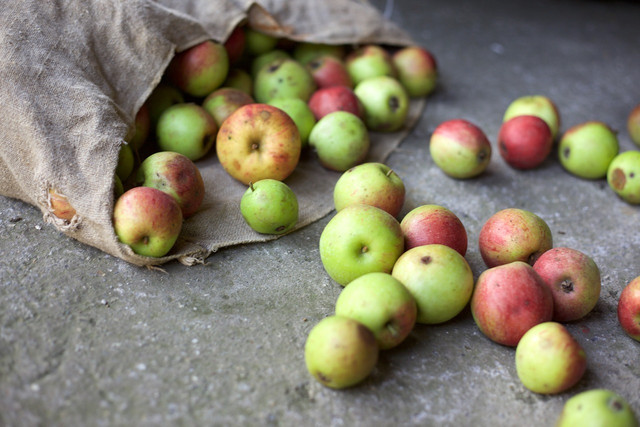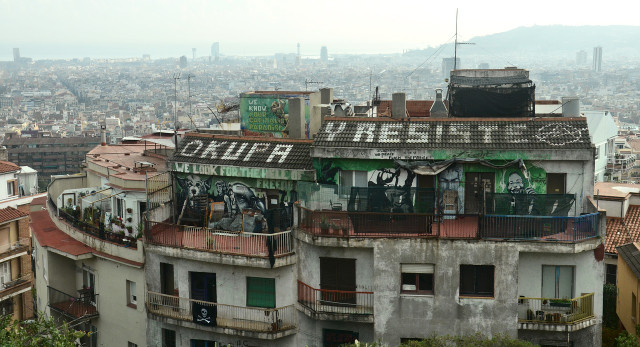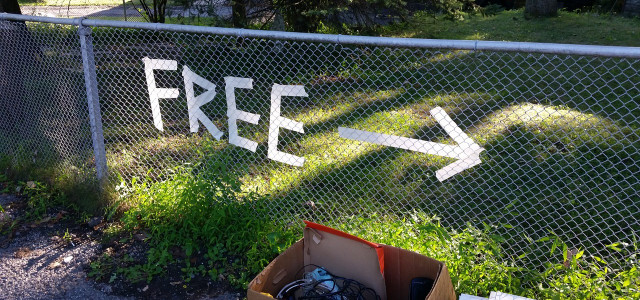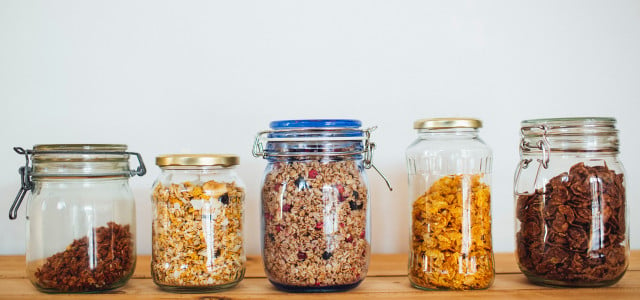Is it true that nothing in the world is free? We’ll explore what a “freegan” vegan is, some benefits and drawbacks of freeganism, and common practices to reduce waste and minimize consumerism.
What is a Freegan?
Freeganism combines the words “free” and “vegan” and describes a lifestyle philosophy that aims to minimize the negative impacts of consumerism through limited participation in capitalist economy and consumption of fewer resources. Freegans often seek to limit waste by reducing consumption, reusing old belongings, and “foraging” for unwanted resources through dumpster diving, gardening, or wild foraging. Though many freegans avoid meat due to its negative environmental impacts, many are not strictly vegan as they will utilize any food product that will otherwise go to waste.
Why be a Freegan Vegan? Some Benefits



(Foto: CC0 / Pixabay / Filmbetrachter)
One of the primary benefits of being a freegan is reducing waste and therefore saving money. This is particularly impactful in the USA, where consumerism creates excess and waste. According to the USDA, the USA creates the largest amount of food waste on earth: 31 percent of all food is tossed, much of it simply due to blemishes or overproduction. According to the EPA, over 9 million tons of clothing end up in landfills, the equivalent of each American tossing more than 50 pounds of textiles each year. Even housing is wasted: as many as 9.7 percent of homes in the US are vacant year-round. Here are some benefits of waste reduction in a freegan lifestyle:
- Fewer greenhouse gas emissions from production when consumerism is limited.
- Less pollution and landfill waste when otherwise wasted food or products are used.
- Community and relationship building as a result of cooperating and sharing resources.
- Development of skills associated with waste reduction such as food preservation, gardening, sewing, and upcycling.
- Saving money, allowing for less work and more time for oneself.
Freeganism Risks and Drawbacks



(Foto: CC0 / Pixabay / JohannesW)
Despite the potential to save large amounts of money, the freegan lifesyle doesn’t come for free. Not only are there legal and safety risks involved in being a freegan vegan, but it also requires time, effort, and a standard of living that some people may not be comfortable with. Below are some of the most common drawbacks to freeganism:
- Although dumpster diving is legal in all US states, different cities have different laws and bins that are within enclosures or fences are usually considered private property. There is always the risk that store employees will call the police for trespassing. In these cases, consider asking permission from employees, particularly if you are looking for sources of compost.
- There are several health and safety risks associated with being freegan. Dumpsters are sources of bacteria and food there is a risk of contamination. Always wear protective gear such as gloves, avoid opened food, and learn to identify edible plants when foraging.
- Squatting is not always legal in the US and is subject to trespassing laws, though this also depends on if the owner presses charges and whether the person or group qualifies for squatter’s rights. Squatting can also be dangerous to freegans if the property is damaged or if poor maintenance causes health risks.
- Being freegan may save money, but it also requires time and skills to find, grow, or preserve food, mend clothing, or upcycle old belongs.
- Being Freegan means minimalist living and learning to disconnect from consumer culture by forgoing the latest gadgets of trends. This level of simple living may not be for everyone.
How to Be a Freegan Vegan



(Foto: CC0 / Pixabay / ThomasWolter)
Being a freegan vegan is a spectrum and there are some practices that might be easier to adopt than others. While reusing your old sweater or picking some wild garlic may be within your comfort zone, the legal risks of dumpster diving may not be. Check out some of the most common aspects of freeganism below to see the different ways people can be freegan:
- Dumpster diving is the practice most associated with freegans. This involves taking anything of value (including non-spoiled food) that has been thrown out, usually in bins behind supermarkets or shopping centers.
- Foraging allows for viable access to food even in urban environments. Not only do recognizable crops sometimes grow wild (such as apples, blackberries, or mushrooms), but several non-conventional plants or edible weeds can also be gathered, such as dandelion greens, stinging nettle, or ornamental fruit.
- Guerilla gardening is the practice of utilizing unused land (such as empty lots) to grow food.
- Reducing and reusing means that freegan vegans minimize how much they consume and put their old belongings to use instead of discarding them. This can mean mending old socks to keep them longer, repurposing plastic bottles as flower pots, or composting spoiled food for gardens.
- Sharing means that freegans exchange food or belongings without contributing to either a consumer economy or to landfill waste.
- Squatting is seen as a way to “reuse” and repurpose unoccupied buildings as living spaces.
- Working less means that freegans minimize their participation in capitalist economy, either by working few hours or participating in “freegan-friendly” work such as homesteading or working for non-profit organizations.
Even if some of these lifestyle changes may be too extreme, the basic philosophy of freeganism (reducing waste and minimizing consumption) are still important goalposts for sustainable living.
Read more:
- Becoming Minimalist: 3 Methods for Beginners
- Zero Waste Kitchen: 8 Steps to Producing Less Trash
- 3 Simple Questions That Will Make You Quit Fast Fashion
Do you like this post?








